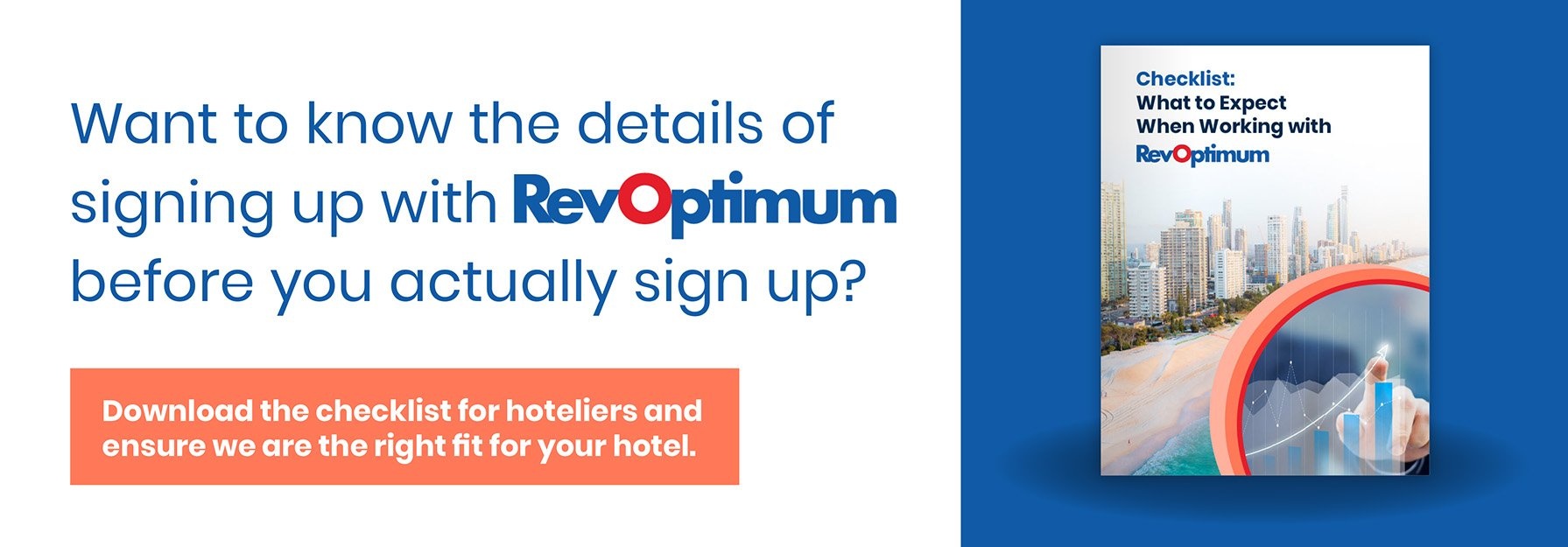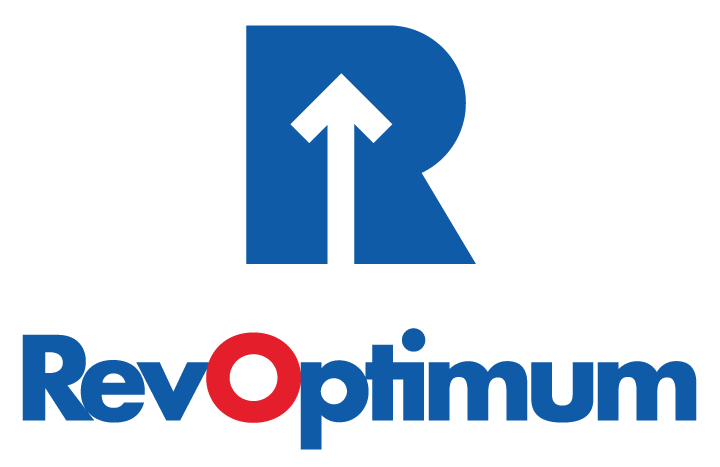Local events, holidays, and seasonal trends can significantly impact hotel revenue, often presenting huge opportunities to maximize profits. For hoteliers, capitalizing on these demand spikes is essential to maintaining a strong bottom line. By aligning your revenue management strategy with local happenings, you can increase occupancy, boost room rates, and ensure your hotel remains a top choice for event-goers. Here's how hotels can leverage local events and seasonal demand to optimize revenue.
1. Identify Key Local Events and Seasonal Trends
Understanding your local event calendar is the first step in maximizing revenue. From sporting events and music festivals to conferences and holiday seasons, local happenings often bring a surge in visitors needing accommodation. Hoteliers should keep track of significant events throughout the year and prepare their strategies accordingly. Use tools like event tracking software, local tourism boards, and partnerships with event organizers to stay informed.
Pro Tip: Regularly updating your calendar of events and anticipating the associated demand will allow you to stay ahead of your competition and capitalize on high-demand periods.
2. Adjust Pricing Based on Demand Forecasting
When high-demand periods, like local festivals or holidays, are on the horizon, use dynamic pricing strategies to adjust your rates. Leverage historical data and booking trends to forecast demand accurately. If you know that your city hosts an annual marathon that fills up hotels quickly, adjust your room rates accordingly—especially as the event date approaches.
However, be mindful of maintaining rate integrity. Avoid price gouging, which can damage your brand reputation, and instead focus on optimizing rates in a way that reflects market demand while providing value to your guests.
3. Tailored Packages and Promotions
Create event-specific packages and promotions to attract event-goers. For instance, if your hotel is near a concert venue, consider offering a "Concert Special" package that includes a room discount, free parking, and shuttle service to the event. Alternatively, for holiday periods, provide exclusive packages that include festive amenities or dining experiences to entice travelers.
Target your promotions to align with the event’s audience. If there’s a local art fair or wine festival, tailor your packages to reflect the interests of attendees. Include perks like early check-in, late check-out, or complimentary breakfasts to sweeten the deal and encourage bookings.
4. Strengthen Marketing Efforts Around Events
Align your marketing campaigns with local events and holidays to drive more bookings. Promote your hotel’s proximity to the event location, highlight any event-related amenities or services, and emphasize your tailored packages. Leverage social media, email marketing, and search engine marketing to reach potential guests who are searching for accommodations tied to these events.
Collaborate with local influencers, event organizers, and tourism boards to boost your hotel's visibility. Partner with the event's official website or social media pages to offer exclusive deals or featured listings for attendees looking for nearby accommodation.
5. Optimize Distribution Channels
Ensure your hotel is visible on all relevant booking channels during high-demand periods. While direct bookings are ideal, third-party OTAs (Online Travel Agencies) and meta-search engines can significantly boost your exposure when event-goers are searching for hotels in your area. However, maintain a balanced approach—don't rely solely on OTAs for bookings. Use these channels to drive traffic, but create a strategy to encourage repeat guests to book directly through your hotel in the future.
Incorporate seasonal events into your website's content and booking engine. Promote any upcoming events on your homepage and create clear calls-to-action that direct visitors to book a stay during those peak periods.
6. Capitalize on Last-Minute Bookings
Local events often result in last-minute bookings, especially if tickets sell out late or attendees plan their trips spontaneously. To capitalize on these last-minute guests, ensure you have a clear strategy in place for managing last-minute inventory.
Consider offering special rates for last-minute bookings, while still maintaining pricing integrity. Tools like flash sales and limited-time offers on your direct booking channels can also help fill rooms quickly while avoiding over-reliance on OTAs.
7. Leverage Data for Long-Term Planning
As you begin to track local events and their impact on bookings, you’ll build valuable data that can inform your future revenue management strategies. Analyze the trends in occupancy rates, booking lead times, and room pricing for each event to determine the best strategy moving forward.
Pro Tip: Use this data to prepare for annual or recurring events. If you know that your city's food festival fills up rooms quickly every year, begin promoting your hotel and adjusting rates months in advance for maximum exposure.
Conclusion: Align Revenue Strategies with Local Demand
By aligning your hotel’s revenue management strategies with local events, holidays, and seasonal demand spikes, you can optimize your pricing, improve occupancy rates, and increase overall revenue. Tailor your packages, marketing efforts, and distribution channels to target event-goers and holiday travelers effectively. In the long run, implementing a well-thought-out strategy around local events will enable your hotel to maximize its potential and thrive year-round.
For personalized strategies to capitalize on local events and seasonal trends, RevOptimum’s team of experts is ready to assist. Whether you're looking to fine-tune your pricing or strengthen your marketing efforts, we have the solutions to help your hotel grow.
Leave Hotel Revenue Management to the experts.
We know you are business as a hotelier, and we know running a hotel requires focus and work in multiple aspects. Leave the hotel revenue management to RevOptimum. We are ready to start boosting RevPAR for your hotel, while you can focus on increasing your direct bookings.
RevOptimum is known as the pioneer in remote revenue management. Our team digs into your hotel’s metrics, monitors broader markets, and personalizes a revenue management strategy to your hotel’s unique needs.
Want to see what it’s like working with RevOptimum? Download our checklist, “What to Expect When Working with RevOptimum” and see how our team can increase your hotel’s revenue.
About the Author

Mia Belle Frothingham
Mia Belle Frothingham is the Co-Founder and Chief Marketing Officer of RevOptimum. She oversees all aspects of corporate marketing and outreach strategies, including communications, brand identity, and international and digital advertising. Mia has a Revenue Management certification from Cornell University and received a Bachelor's from Harvard University and a Research Master's from The University of Edinburgh.



